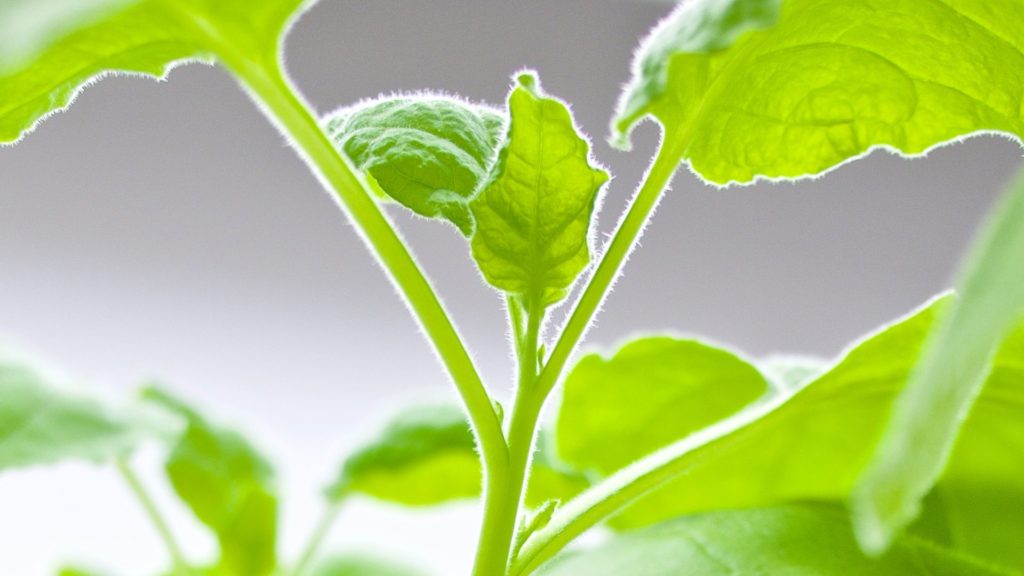
We specialize in the expression and optimization of recombinant protein targets in the plant host Nicotiana benthamiana by utilizing cutting-edge synthetic biology techniques. We are able to quickly optimize target protein yield, stability, and post-translational modification with our suite of host engineering strategies.
Key features of recombinant expression in plants:
- Rapid turnaround: Transient expression means short development time (weeks from concept to purified protein)
- Animal-free: Less concern about viral or prion contamination than CHO, HEK-293, or other animal cell lines
- Cost: An affordable alternative to cell culture methods
- Scalability: Since growth conditions are equivalent for one plant or one thousand, scaling problems are minimized
- Higher eukaryote host: A higher eukaryote host means fully glycosylated, active proteins
- Host manipulation: A suite of host engineering methods allows optimization of the host for a given target
Common classes of proteins we produce:
- Monoclonal Antibodies: fully-assembled, glycosylated recombinant antibodies from human or animal systems for therapeutic or diagnostic applications
- Single domain and VHH antibodies: single domain antibodies allow novel applications traditional antibodies are unsuited for
- Viral glycoproteins: fully glycosylated viral glycoproteins can be used for a variety of applications including vaccine candidates
- Enzymes: a variety of enzymes can be expressed for therapeutic or industrial application
- Immunomodulators: cytokines such as interferons and chemokines

